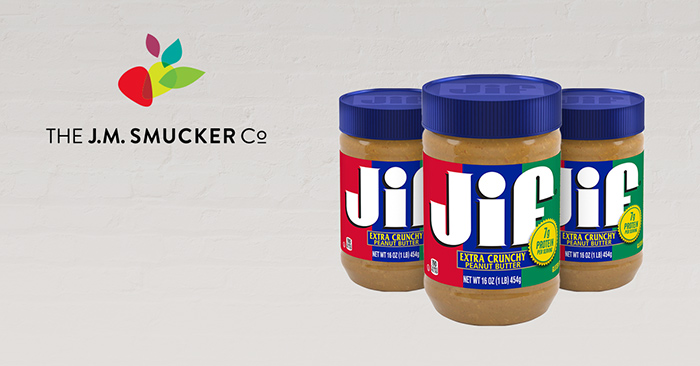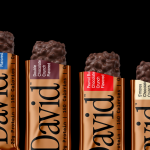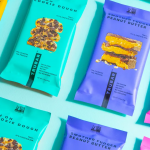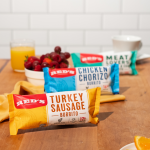FDA: ‘Continuing Concerns’ About Smucker’s Peanut Butter Facility Tied to Outbreak

Following an investigation, The U.S. Food and Drug Administration (FDA) is asking for further answers from The J.M. Smucker Company, makers of Jif brand peanut butter, about the company’s food safety response in the wake of a Salmonella outbreak at its Lexington, Kentucky production plant in May 2022.
The outbreak of Salmonella Senftenberg, a bacterial infection that affects the intestinal tract, was detected in packages of Jif which originated from the facility and led to a voluntary recall of over 50 different Jif products sold across the U.S. and Canada from October 1, 2021 to May 20, 2022. The Center For Disease Control’s (CDC’s) website notes that 21 individuals across 17 states fell ill from consuming Jif nut butters, with four hospitalizations and zero deaths.
A Jif website page about the recall notes that products made at the company’s Memphis, Tennesee facility were not impacted, nor were other products made with peanut butter, such as Smucker’s Uncrustables,” or nut butters from brands including Santa Cruz Organic, Laura Scudder’s, Adam’s and Smucker’s Natural.” Beyond Jif products, the recall also impacted items made with Smucker’s nut butter, including baked goods, ice cream, confections and snack trays by a variety of producers and retailers.
In a letter addressed to Smucker’s CEO Mark Smucker, dated January 24, FDA regulators explain that the foodborne outbreak was emblematic of the company’s repeated negligence in remedying food safety protocols at the plant. Over the course of its investigation, the FDA cites numerous instances where the pathogen was detected in the facility before the outbreak occurred as well as an inadequate preventative response leading up to and after Salmonella was detected in the food products.
The letter stated that Smucker’s “finished product testing records from January 1, 2021, to February 23, 2022, indicate that you detected Salmonella in your RTE peanut butter on numerous occasions, i.e., October 22 and December 15, 2021; and February 4, 9, 10, 20, and 21, 2022, and that your corrective actions were not sufficient to address the root cause of the contamination.”
Additionally, the FDA warns that the Salmonella outbreak “is indicative of a resident strain” of Salmonella due to a history of the pathogen being detected at the plant since 2010. The letter goes on to provide evidence of positive Salmonella swabs tests from 2018 that were submitted to the regulatory agency. Most of the problems stem from standing water from roof leaks and improper repairs to peanut roasters.
The FDA states that Smucker’s has responded by submitting plans for at least four separate corrective actions since May 2022; yet, the agency felt the need to express its “continuing concerns” over the company’s food safety oversight.
Most recently, in October and December 2022, the FDA asserted that Smucker’s roasting process parameters were not adequate to ensure Salmonella would not be able to survive in finished ready-to-eat peanut butter.
In June, Smucker announced during its Q4 earnings call that gross profits declined due in part to inventory write-offs of Jif products and an estimated loss of about $125 million was incurred due to the recall. The brand’s website seems to attribute the issue to a leak, but also notes pathogens are “naturally” occuring.
“As part of our standard control processes, we identified that an equipment issue may have allowed water to enter and remain in our production environment. This could have provided a potential source for bacteria to be introduced to our system,” a Q&A on the website states. “Raw agricultural products, including peanuts, can carry natural pathogens…Our systems are designed to proactively detect pathogens in the manufacturing process. In the rare instance our standards are not met, we destroy the product as well as product produced immediately before and after.”
The warning letter asks that Smucker’s respond within 15 days with an explanation of how the issues have been remedied and the new preventative measures that have been implemented in the plant
The J.M. Smucker Company did not respond to a request to comment on this story.

















